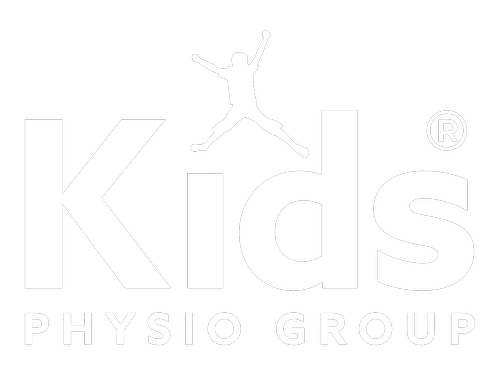Rare Genetic Disorders

Angelman Syndrome
Angelman syndrome is a genetic disorder that mostly affects the nervous system. Signs and symptoms include:
- Severe developmental delay and learning disabilities
- Jerky movements of the arm and legs
- May include sleep disorders, seizures, and feeding disorders
- Significant communication difficulties
The child can also experience motor issues such as tremors, wide-based gait, jerkiness, ataxia (presence of abnormal, uncoordinated movements), and loss of balance. Physiotherapy can assist by:
- Working on mobility, gross motor function, strength, and increasing bone density
- Monitoring for scoliosis
- Making recommendations for the use of orthotics
Kabuki Syndrome
Kabuki syndrome is a rare congenital disorder of genetic origin that can affect multiple parts of the body. Signs and symptoms include:
- Characteristic facial appearance: Microcephaly, hypotonia, eye problems, cleft palate
- Mild to moderate intellectual disability
- Skeletal abnormalities including spine abnormalities and joint dislocations
Physiotherapy can assist children by introducing play therapy to help with gross motor development and strengthening.
Prader-Willi Syndrome
Prader–Willi syndrome is a genetic disorder caused by a loss of function of certain genes on chromosome 15. Signs and symptoms include:
- A genetic multi-system disorder characterized during infancy by lethargy
- Diminished muscle tone
- Weak suck and feeding difficulties with poor weight gain
- Cognitive impairments and growth
- Hormone deficiency
Early intervention with physiotherapy can help in supporting children to meet their motor milestones. On-going play-based physiotherapy allows for increased endurance, strength, and development.
BOOK YOUR INITIAL ASSESSEMENT TODAY
Take the next step and make your child’s health a priority!
